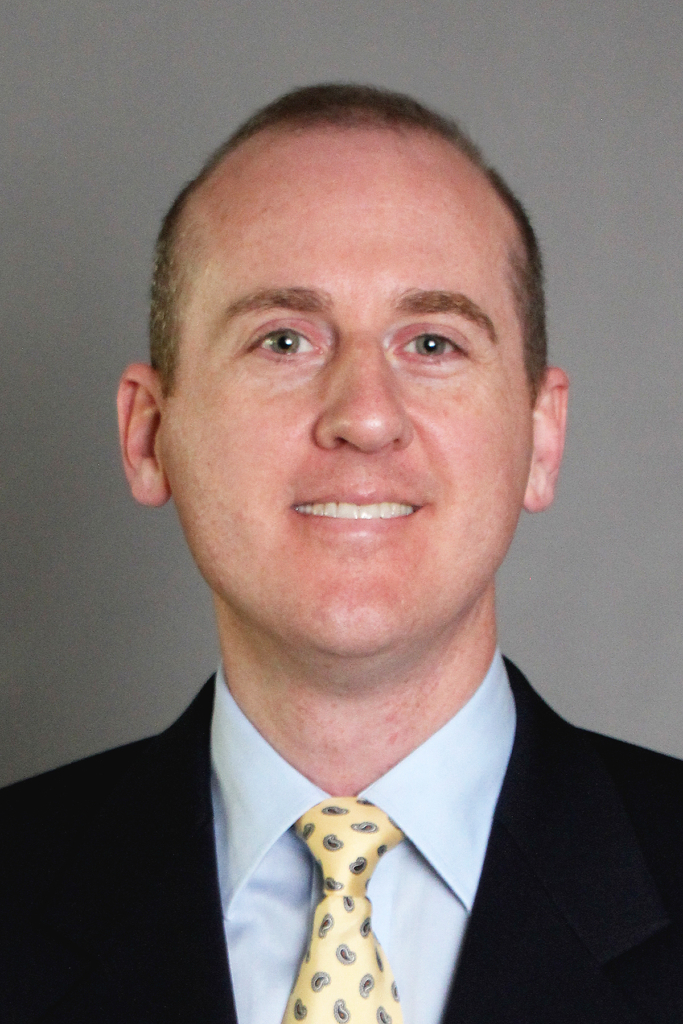Q: Early in your career, you served as an officer in the U.S. Air Force. That must have been very different from being a survey expert.
A: Actually, there are a lot of parallels. First, because my undergraduate degree is in meteorology, I was assigned as a weather officer. My role was to examine weather data and analyze that data to provide an opinion regarding how weather conditions would impact flight operations. Additionally, I provided my expert scientific opinions to the people who needed to rely on my expertise, which was the mission commander and the pilots flying a particular mission. Those correspond very closely to my role as a survey expert, in which I examine survey data and analyze that data to provide an opinion about how consumer perceptions may affect litigation. As a survey expert, I provide my expert scientific opinions to the people who need to rely on my survey expertise, which is the judge and the jury deciding a particular legal issue.
Furthermore, part of my role as a weather officer was to provide scientific leadership for the weather observers and forecasters who worked with me to support our aircrews. Similarly, part of my role as Senior Vice President at MMR is to provide scientific leadership for the research staff who work with me and our other testifying experts to support our clients. So, while it may not be immediately obvious to a casual observer, there is actually a lot of similarityt.
Q: So do you think your training as a meteorologist helped you to become a survey expert?
A: Like my current work, my meteorology studies were scientific, analytical, and data-driven. But my credentials as a survey expert come from my later studies and experiences. After I left the Air Force, I earned an MBA with a concentration in marketing from the University of Illinois. I had a summer internship in marketing research, and took a full-time position in marketing research — specifically, advertising research — after I completed my MBA. I later completed a PhD in Marketing at the University of Southern California. Those studies focused very deeply on marketing, consumer psychology, and related topics, while also including a comprehensive study of survey research methods, experimental design, questionnaire writing, statistical analysis, and other methodological topics. The combination of my master’s and doctoral studies in survey research, as well as approximately 25 years conducting survey research in academia and in commercial practice, provide the foundation for my survey expertise today.
Q: How do you see your role as a survey expert?
A: When I provide expert opinions about a survey that I have conducted, I see my role as bringing the voice of the consumer into the courtroom. It is my job to conduct a reliable survey that conforms to rigorous scientific standards for survey research, and that adheres to authoritative standards for the relevant type of survey for that matter. Similarly, when I provide expert rebuttal opinions that criticize an opposing survey, I see my role as to advocate for reliable survey principles. In that capacity, I need to criticize only those aspects of a survey that are truly flawed and make the opposing survey unreliable.
Q: You started a program at MMR called Survey School. What is Survey School, and what motivated you to develop it?
A: At MMR, we hire marketing research professionals with a combination of academic training in survey research and/or experience conducting professional survey research. However, the field of litigation surveys is very small, so very few staff had litigation experience before working at MMR. I developed Survey School to provide some classroom-style training in the authoritative standards for litigation surveys. We read some authoritative texts on a particular topic, such as Eveready likelihood of confusion surveys, plus a few survey reports about that topic and court decisions about those surveys. Those case studies help our staff understand the legal concepts at issue, the standards for conducting litigation surveys, and how to apply those standards in our work. Survey School has been so helpful that we have expanded it to include all of our research staff, to help them stay abreast of current developments in litigation surveys. I believe that treating our work like an academic discipline and keeping current with the latest decisions and authoritative standards keeps MMR at the top of the field of litigation surveys.
Q: That sounds a lot like teaching. You used to be a marketing professor. Do you miss teaching?
A: When I was a Marketing professor, I really enjoyed teaching and even earned some teaching awards. But I find ways to teach even in my role as a survey expert. In addition to Survey School, I have provided some CLEs and other invited talks about litigation surveys to attorneys and law school students. I have also moderated a few roundtable discussions at INTA annual meetings, and will be moderating a session about genericness surveys at the 2025 meeting in San Diego. Furthermore, I find that testifying is similar to teaching. When I’m being deposed or testifying in court, I often find myself explaining the academic and authoritative standards for a particular type of survey, and how my survey adheres to those standards. Or I may be explaining how an opposing survey fails to adhere to those survey standards, and why that survey is not reliable. So, even though I’m no longer in academia, I am still able to find opportunities to teach.
